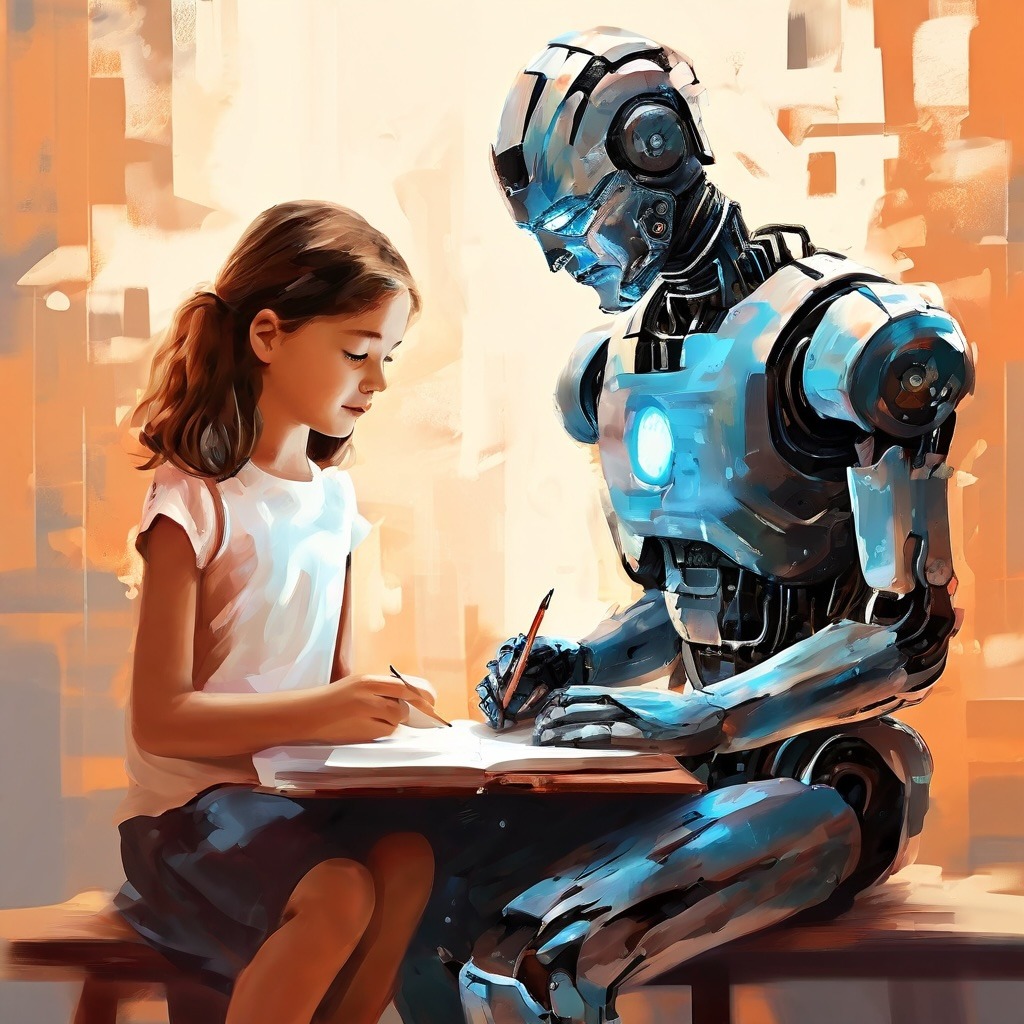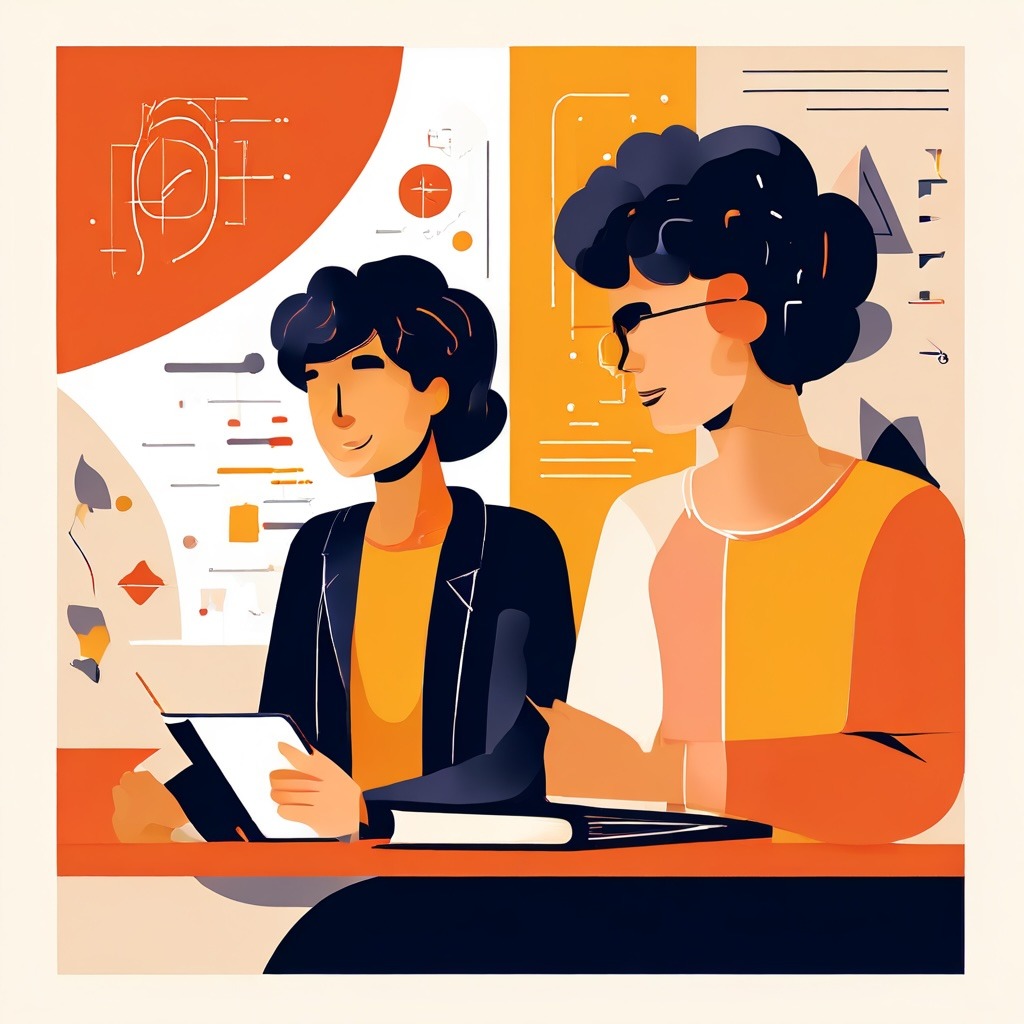As educators, it is our responsibility to prepare our students for the ever-evolving world they will inherit. One of the most significant changes we are currently witnessing is the integration of Artificial Intelligence (AI) in various aspects of our lives, including writing. While some may view this as a threat to traditional writing methods, I believe it is an opportunity to embrace the possibilities of AI and incorporate it into our teaching practices.
But before we can effectively teach AI in the classroom, we must first equip ourselves with essential AI literacy. As teachers, we must be knowledgeable and experienced in this field to effectively support our students in building their knowledge and skills. In this blog post, I will discuss some ways in which we can support educators in gaining AI literacy and incorporating it into their teaching practices.
Five ways to gain AI literacy
1. Attend workshops and conferences: One of the best ways to gain AI literacy is by attending workshops and conferences specifically focused on AI in education. These events provide a platform for educators to learn from experts in the field and share best practices with their peers. They also offer hands-on training and practical tips for incorporating AI into the curriculum.
2. Collaborate with AI experts: Another way to gain AI literacy is by collaborating with experts in the field. Reach out to local universities or organizations that specialize in AI and see if they are willing to partner with your school. This collaboration can involve guest lectures, workshops, or even mentorship programs for both educators and students.
3. Utilize online resources: The internet is a vast source of information, and there are plenty of online resources available to help educators gain AI literacy. From online courses to webinars and tutorials, there are many options to choose from. Some recommended resources include Coursera, edX, and Udemy.
4. Join online communities: Online communities are a great way to connect with like-minded educators and share ideas and resources. Platforms like Twitter, LinkedIn, and Facebook have groups dedicated to AI in education, where educators can ask questions, share their experiences, and learn from others.
5. Encourage experimentation: As educators, we must be open to experimenting with new technologies and teaching methods. Encourage your colleagues to try incorporating AI into their lessons and provide support and feedback. This will not only help them gain AI literacy but also create a culture of innovation in your school.
Now that we have discussed ways in which educators can gain AI literacy, let’s explore how we can support them in incorporating AI into their teaching practices.
Five ways to support educators
1. Introduce AI in the curriculum: The first step in incorporating AI into the classroom is to introduce it in the curriculum. This can be done by creating dedicated lessons or projects that involve AI. For example, students can learn about natural language processing by creating chatbots or explore machine learning by building a predictive model.
2. Use AI-powered tools: There are many AI-powered tools available that can help students improve their writing skills. For example, Grammarly uses AI to provide real-time grammar and spelling suggestions, while QuillBot can help students paraphrase their writing. These tools can be incorporated into writing assignments to enhance students’ writing abilities.
3. Encourage critical thinking: As AI becomes more prevalent, it is crucial to teach students how to think critically about the information they receive. Encourage students to question the accuracy and bias of AI-generated content and to analyze the data used to train AI algorithms.
4. Foster creativity: While AI can assist in many aspects of writing, it cannot replace human creativity. Encourage students to use AI as a tool to enhance their writing, rather than relying on it entirely. This will help them develop their unique writing styles and ideas.
5. Provide opportunities for hands-on learning: As with any subject, hands-on learning is essential in gaining a deeper understanding of AI. Provide students with opportunities to work with AI tools and programs, such as coding chatbots or creating their AI models. This will not only improve their AI literacy but also develop their critical thinking and problem-solving skills.
AI is rapidly transforming the world of writing, and as educators, it is our responsibility to prepare our students for this change. By gaining AI literacy and incorporating it into our teaching practices, we can equip our students with the skills they need to thrive in a world where AI is becoming increasingly prevalent. Let us embrace the possibilities of AI and use it as a tool to enhance our teaching and our students’ learning.
Read also THIS interesting paper from NIST
HERE is another related blog post from The Missing prompt





